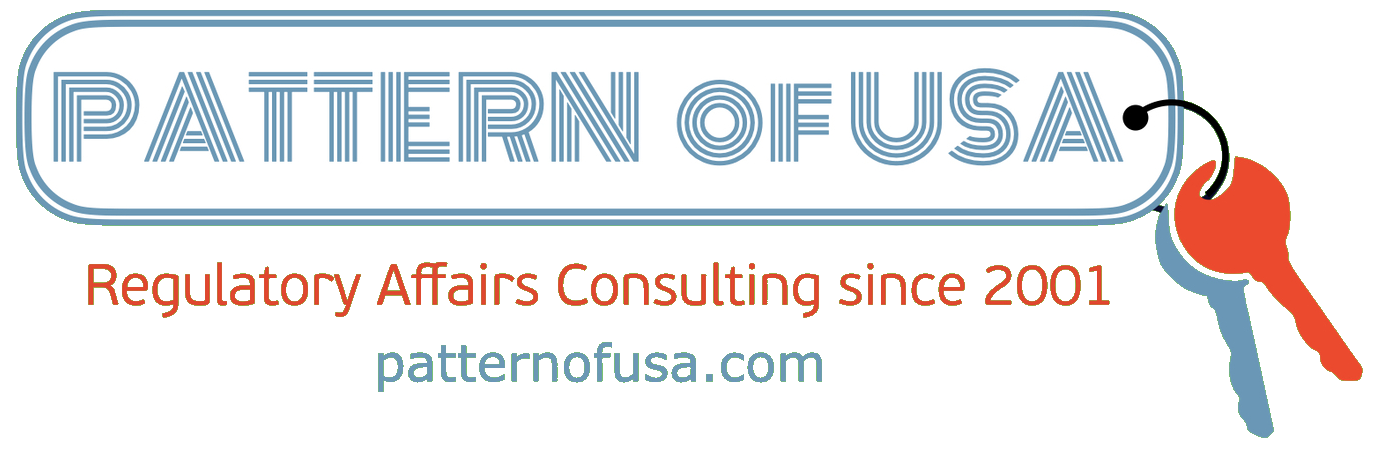FDA Grants Approval for BridgeBio’s Heart Medication, Paving the Way for Competition with Pfizer

The recent approval by the Food and Drug Administration (FDA) of a new medication, Attruby, has significant implications for BridgeBio Pharma in the treatment of a severe genetic heart disorder. This regulatory clearance sets the stage for intense competition in a lucrative market that has attracted various pharmaceutical companies.
On Friday, the FDA approved Attruby, or acoramidis, targeting patients with transthyretin amyloidosis affecting the heart, a progressive disease that can lead to fatal outcomes.
Clinical trials demonstrated that Attruby significantly increased survival rates and reduced hospitalizations compared to a placebo group. Patients also reported enhancements in their quality of life along with better heart health indicators.
This groundbreaking treatment aims to prevent hospitalizations or fatalities stemming from heart-related complications associated with transthyretin amyloidosis coupled with cardiomyopathy. Initial investor opinions regarding BridgeBio’s regulatory success were skeptical, casting doubt on potential profitability for Attruby.
BridgeBio has set the price for a monthly supply of Attruby at nearly ,000, resulting in an annual cost of around 4,000.
The approval marks an advancement in addressing transthyretin amyloidosis—a key focus for drug manufacturers over the past decade. The disease arises from the accumulation of misfolded transthyretin proteins, which are typically responsible for transporting vitamin A in the body. It primarily impacts the heart, nerves, or both, deteriorating progressively over time.
Since 2018, various treatment options have been made available for patients with nerve damage, a variant affecting between 30,000 to 50,000 people in the U.S. and Europe. Progression has been more sluggish for patients suffering from cardiac manifestations, which were often misdiagnosed as other heart ailments. However, recent advancements, including the 2019 approval of tafamidis by Pfizer, have improved diagnosis and treatment accessibility.
Growing awareness around ATTR amyloidosis with cardiomyopathy has spurred sales of tafamidis, which reached .3 billion worldwide last year, and is projected to exceed that figure in 2024, highlighting its status as one of Pfizer’s rapidly expanding products.
BridgeBio’s CEO, Neil Kumar, pointed out that the impressive sales were achieved despite only around 50,000 individuals in the U.S. being formally diagnosed, reflecting just a fraction of the estimated 250,000 to 300,000 individuals believed to have the condition. Research company Global Market Insights forecasts the overall market for transthyretin amyloidosis treatments could surpass billion by 2032, with the cardiomyopathy segment contributing significantly to total drug sales.
Attruby is designed to stabilize the misfolded TTR protein, akin to tafamidis, but with potentially greater efficacy. Vutrisiran, a competing medication from Alnylam Pharmaceuticals expected to launch next year, works by silencing the gene responsible for TTR production, and additional treatments from Ionis Pharmaceuticals and Intellia Pharmaceuticals may also be on the horizon.
The influx of these treatments has positioned the field of ATTR amyloidosis cardiomyopathy as a competitive battleground in the pharmaceutical landscape. Consequently, healthcare providers may find themselves making challenging decisions regarding the best treatment options for their patients. The lack of direct comparison trials among the available drugs means clinicians will need to navigate these choices carefully.
Despite the competitive landscape, BridgeBio’s stock market performance tells a different story. Following the successful Phase 3 testing of Attruby in July 2023, the company’s share prices have declined, while Alnylam has witnessed substantial gains in market valuation after its own positive trial results. Analysts like Josh Schimmer from Cantor Fitzgerald have expressed that expectations for BridgeBio’s market performance are “far lower” compared to tafamidis and vutrisiran.
Kumar has acknowledged the company’s valuation suggests Attruby may attain very limited market share, potentially characterized as “the worst second-mover launch of all time.”
Investor skepticism is attributed to BridgeBio competing against established therapies and the fact that it is relatively new to launching medications commercially. In stark contrast, Pfizer boasts a vast sales infrastructure, while Alnylam has successfully marketed treatments for transthyretin amyloidosis inpatient populations for numerous years.
Nonetheless, Kumar believes the company’s product could address the needs of the 20% to 40% of patients who do not see significant improvement with tafamidis, positioning Attruby as the “obvious” solution for these individuals. He also asserts that while comparing drugs across trials has limitations, preliminary data indicates Attruby may offer earlier benefits in survival and hospitalization.
BridgeBio plans to compete directly with Pfizer for patients newly diagnosed and aims to secure a market share of around 30%. Future trials against tafamidis are also on the table.
Kumar is confident in the potential of his team to launch a successful treatment, as he intends to demonstrate the power of their innovations. He stated, “At the end of the day, many will prefer a more potent option that shows faster action and greater efficacy.”
A collaboration agreement signed in March grants Bayer rights to distribute Attruby throughout Europe, where approval is anticipated in 2025.

